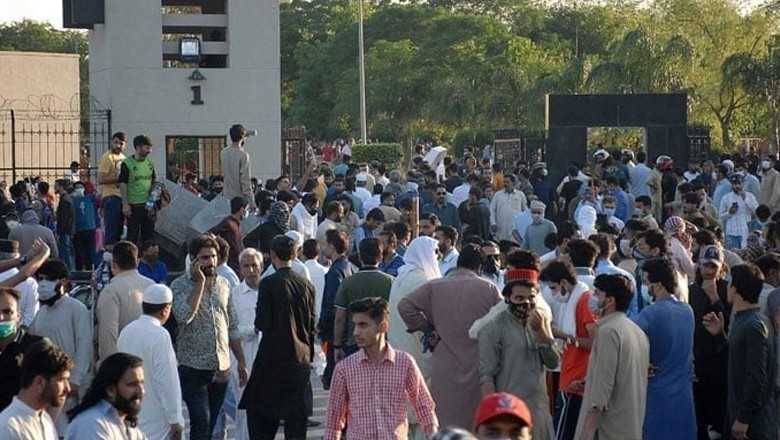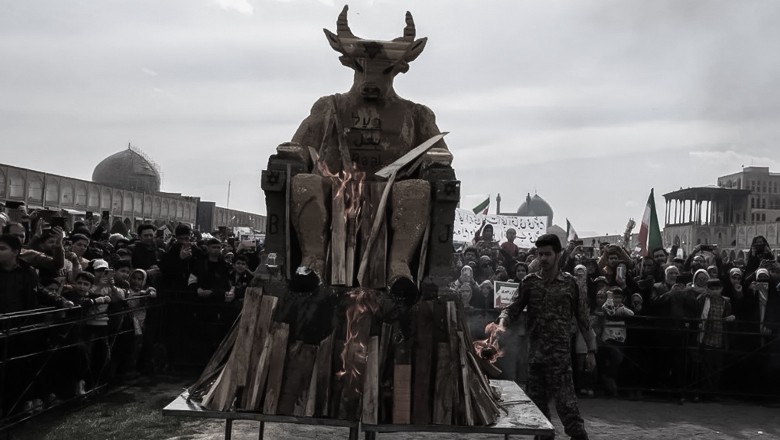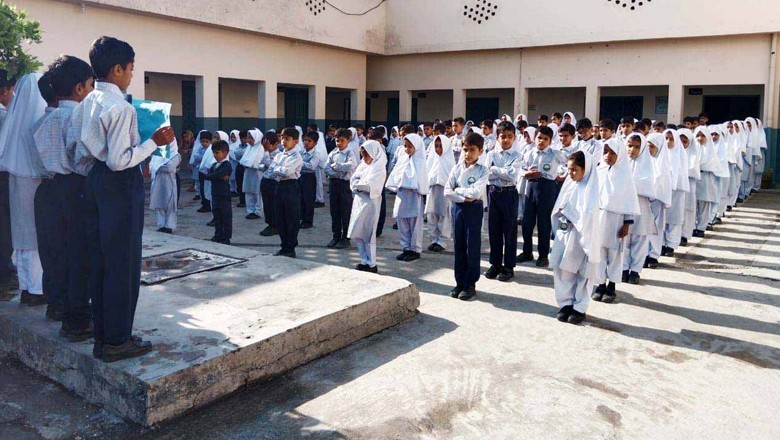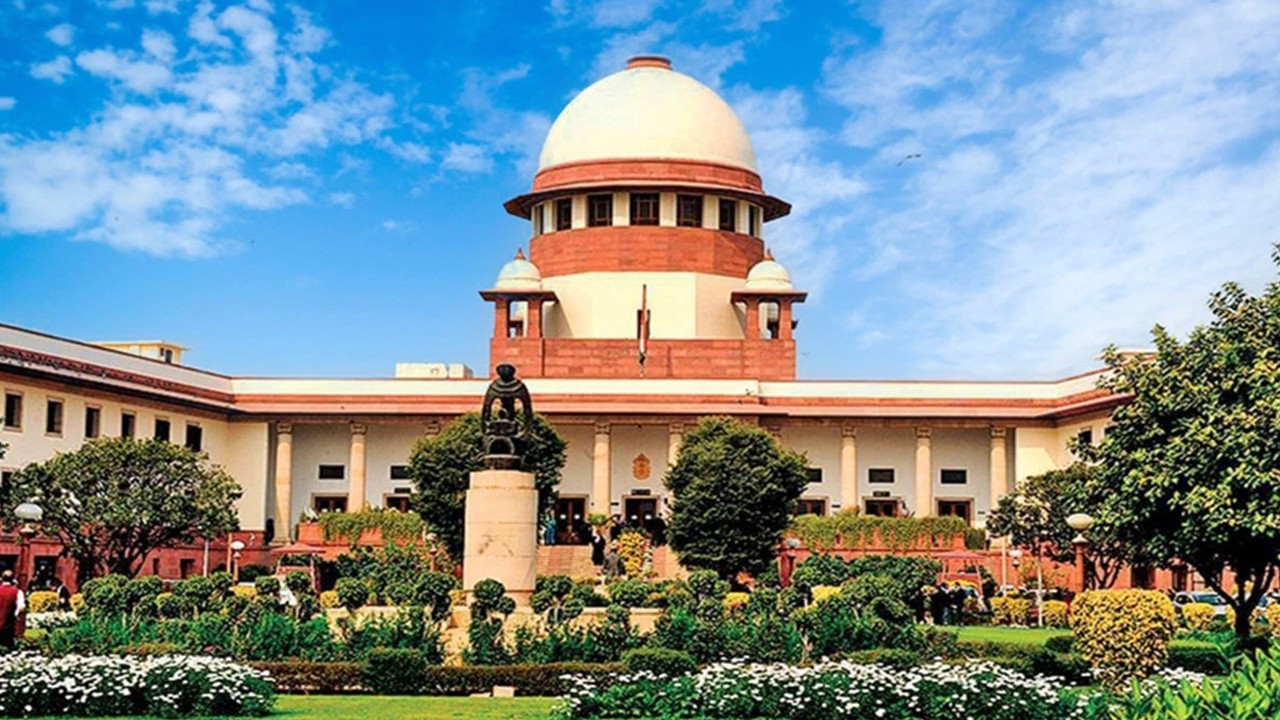Public trust in all state institutions, including Pak Army, eroded after May 9: report

Web Desk
|
14 May 2024
A report published by the former caretaker government claimed that the public trust in all state institutions was eroded after the May 9 riots.
Last year on May 9, several military and civil installations were vandalised by Pakistan Tehreek-e-Insaf (PTI) workers and supporters after the arrest of party founder Imran Khan in a corruption case, Al Qadir Trust case.
Following the violence, a total of 102 persons were arrested for their involvement in the attacks on military establishments, including the General Headquarters in Rawalpindi, Jinnah House in Lahore, PAF Base Mianwali, and an office of the Inter-Services Intelligence (ISI) in Faisalabad.
Later, many PTI leaders took a break from politics or left the party condemning attacks on military installations.
“There is now a palpable perception of a gulf between the people and the armed forces that has caused morale of the troops to plummet. At a time when the armed forces are engaged in fighting a relentless war on terror, this erosion of mutual trust is unhelpful,” the report said.
According to the report, 14 police and LEA personnel had lost their lives and 423 were injured during the May 9 attacks.
The report claimed that a total of Rs17 billion was calculated in financial loss in the riots.
“The military personnel conducted themselves admirably in difficult circumstances and at great personal peril. The military demonstrated extraordinary restraint even when brazenly attacked. The soldiers are trained to neutralize threats, and they had the capacity and the resolve to defend their installations, and yet they restrained themselves out of concern for civilian life and property. The restraint demonstrated by the military saved lives, and prevented violence from escalating. Failure to demonstrate such restraint would have led to inordinate loss of life making a difficult situation even worse. The Committee places on record its appreciation for the restraint shown by the soldiers and officers,” the report added.
However, the ex-interim government made provincial governments responsible for the attacks.
“Violence erupted in early afternoon and continued unabated for several hours, because the provincial governments could not take timely decisions to restore order. For instance, in Lahore, protests started at 1500 hours, Jinnah House was set alight at 1800 hours and still the government did not take all such measures that were reasonably expected of it to restore order, while the Askari Bank Tower was set alight five hours later at 2300 hours.”
“The riots damaged national security in three fundamental ways. First, in uncertain times citizens draw confidence from the state and its institutions; and vice versa. The riots caused erosion of public confidence in all institutions of the state including the armed forces. There is now a palpable perception of a gulf between the people and the armed forces that has caused morale of the troops to plummet. At a time when the armed forces are engaged in fighting a relentless war on terror, this erosion of mutual trust is unhelpful. Second, the riots have set a dangerous precedent whereby political actors or antisocial elements may feel licensed to attack state institutions such as the judiciary and the armed forces to achieve political results. Ambitions may draw political actors to drag institutions into political circus. Consequences of this event has the potential for exploitation by the inimical elements and hostile states. Similarly, it has seriously undermined the morale and discipline of armed forces personnel. Such endeavours are dangerous and detrimental to the safety and interest of Pakistan and would create room for debate where none should happen.”
“The protesters targeted and attacked government buildings and, in particular, military installations, including among others, the GHQ in Rawalpindi, PAF Base Mianwali, ISI offices in several cities, Bannu Cantonment, Frontier Constabulary Forts in Chak Darra and Timergara, Corps Commander’s residence (Jinnah House) in Lahore etc. The scale of damage and the inability of the Law Enforcement Agencies (LEAs) to contain the protests raises questions about their preparedness and capacity.”
“There is an urgent need for national reconciliation. Irresponsible politics has polarised the society. Now, responsible politics must de-polarise the society. This can be done by making the next Parliament effective. Parliament must serve as a forum for honest and respectful debate. A respectful working relationship between the government and the opposition inspires tolerance and hope in the future. People’s conduct does not happen in a vacuum. It is affected by the rules the government sets. If the government and opposition can work together on common ideals, the public, too, shall overcome divisive politics. Both the government and the opposition shall bear the responsibility of ensuring that the next Parliament works.”












Comments
0 comment